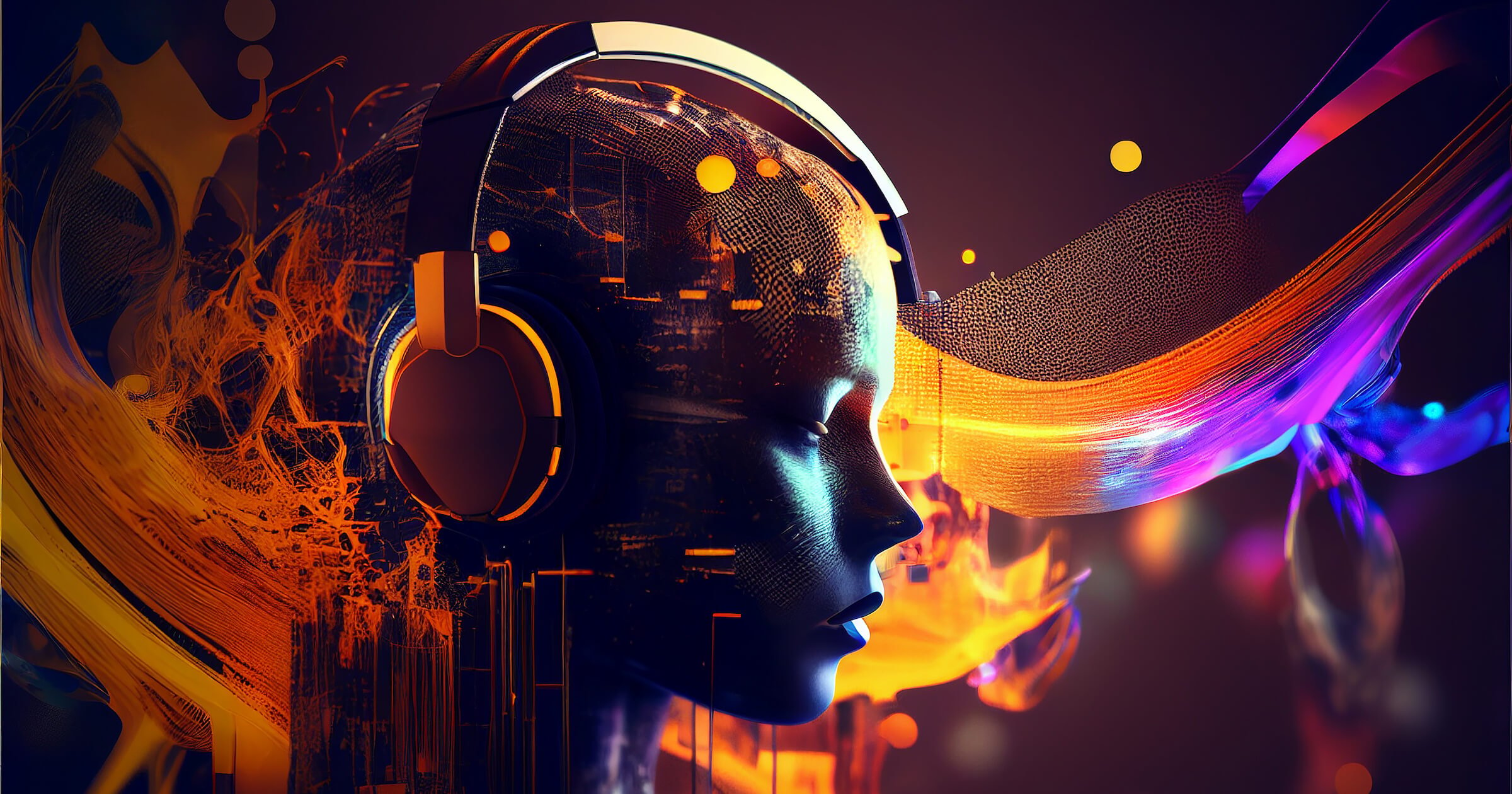Rick Rubin’s Bold Claim: Is AI Missing the Punk Rock Mark?
Rick Rubin compares AI to punk rock, but does it capture the raw essence and authenticity of human creativity?

In a world where technology threatens to sterilize creativity, Rick Rubin, a titan of music production, has cast Artificial Intelligence (AI) as the punk rock of coding. It's a comparison that's as intriguing as it is provocative, inviting both admiration and skepticism. But as with any bold claim, a closer look reveals the cracks beneath the surface of this shiny new analogy.
The Raw and the Refined

Rubin likens AI to the punk rock movement—a genre that thrived on rebellion and raw energy, often at the expense of precision and technique. Punk rock was never about polished perfection; it was about expression, an idea Rubin implies AI could replicate through 'vibe coding.' This method allows one to instruct AI using natural language rather than complex programming, akin to learning three chords on a guitar and starting a revolution.
Yet here lies the rub. Punk rock, in its essence, was about authenticity and human emotion—qualities glaringly absent in AI’s digital iterations. While AI can regurgitate patterns with dizzying speed, it doesn’t experience the world or feel passion. It's a drummer pounding a beat without ever hearing the melody.
The Imitation Game

Rubin's candid acknowledgment of AI's derivative nature hits a sour note. In punk, imitation was a form of flattery and rebellion—a chance to channel influences into something uniquely personal. But AI lacks this ability to innovate from imitation; it parrots patterns without that human twist that transforms mimicry into art. Instead, it serves as an echo chamber, reflecting back all it absorbs without understanding.
A Missing Perspective
What Rubin celebrates as AI’s potential to democratize creativity also exposes its limitations. Unlike punk’s undeniable human touch, AI can’t claim a perspective or soul. Rubin’s assertion that “the reason we go to the artists we go to… is for their point of view” underscores this crucial deficit.
In a way, Rubin's enthusiasm for AI sounds almost nostalgically anarchic, akin to those early punk pioneers smashing norms to stake their claim in music’s pantheon. Yet, just as punk was eventually co-opted and commercialized, so too might AI lose its nascent edge, becoming another cog in the capitalist machine.
A Revolution Deferred

So, while Rubin dreams of an AI-driven renaissance, the reality is more base. AI remains an unpolished tool in the hands of true revolutions. Unlike the punk rockers who scrawled their names in history with passion and fury, AI simply scripts the past, unable to forge its future.
Although Rubin's lens offers a vibrant narrative, brightly coloring the dialogue around AI with rebellious hues, one must wonder if it oversells the tech's potential while underselling the profound, irreplaceable nature of human creativity. After all, even the greatest tech can only hope to replicate what true artists gift to the world with each stroke, chord, and word. And in the end, isn’t it the genuine heart of creation that cuts through the noise, not the machinery?




